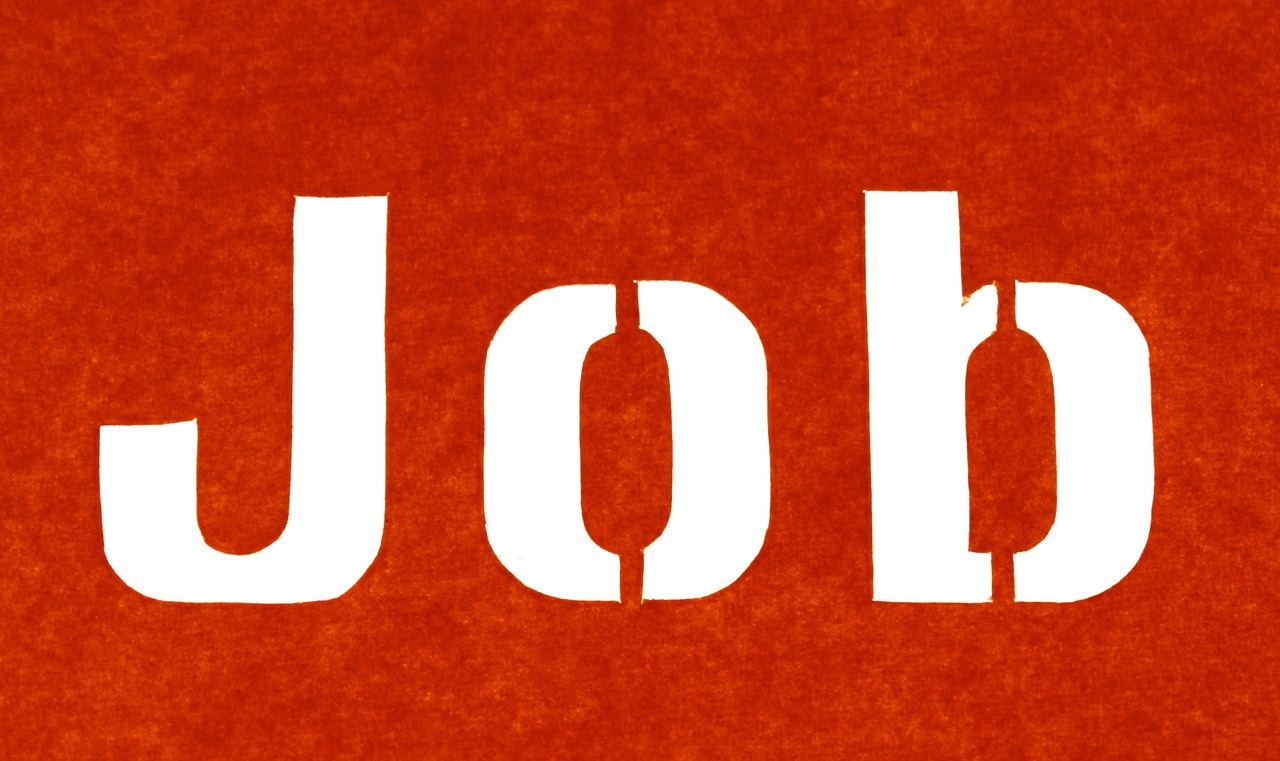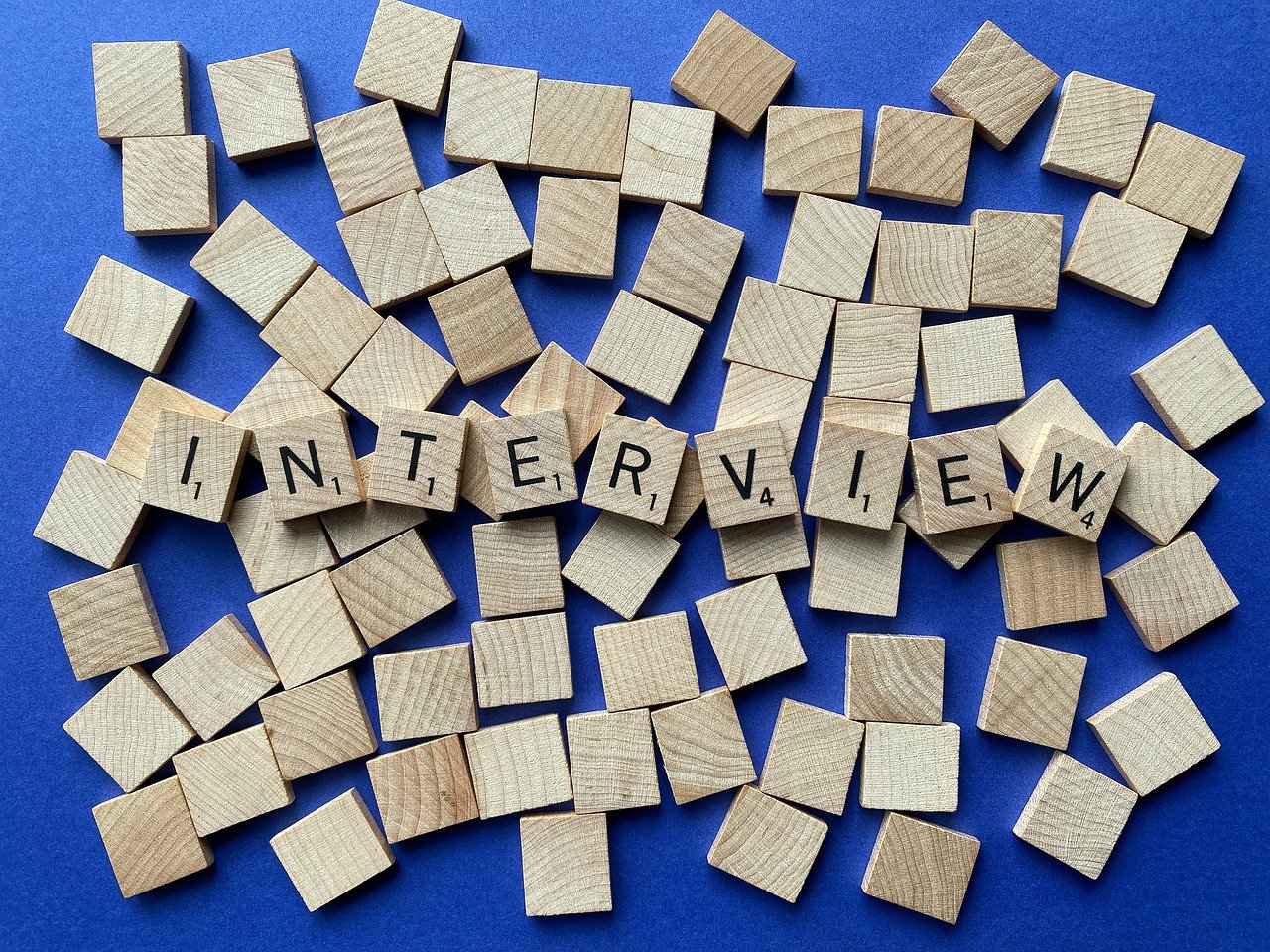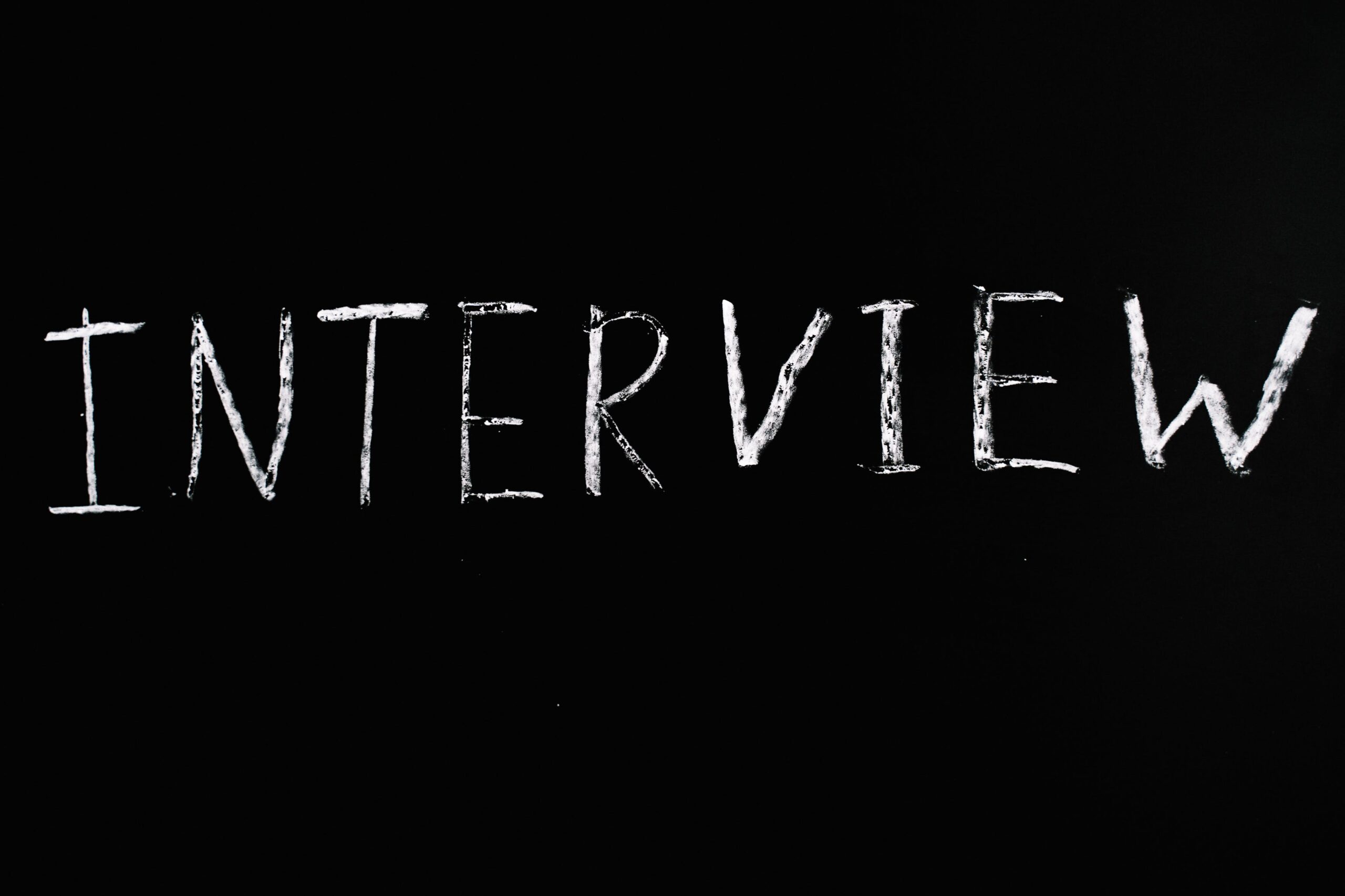Introduction:
Artificial Intelligence (AI) is no longer a concept from science fiction; it’s a transformative force that is reshaping industries and the way we work. While the rise of AI has led to questions and concerns about its potential to replace human labor, a more nuanced perspective emerges when we examine the relationship between AI and the workforce. In this article, we will explore how AI is changing the world of work and why the future is likely to be characterized by collaboration between humans and AI, rather than wholesale replacement.
AI’s Rise and Capabilities:
AI has made remarkable advancements, particularly in the areas of machine learning, natural language processing, and computer vision. These technologies enable AI systems to perform tasks that were once thought to be the exclusive domain of human intelligence. They can analyze vast datasets, recognize patterns, and make predictions with remarkable accuracy.
Task Automation, not Job Replacement:
One common misconception is that AI will entirely replace human jobs. While it’s true that AI can automate certain tasks, this doesn’t necessarily translate into entire job roles being eliminated. Instead, AI is often used to streamline processes and handle repetitive, rule-based tasks, freeing up human workers to focus on more complex, creative, and value-added aspects of their work.
Complementary Roles:
The most promising aspect of AI is its ability to complement human skills and capabilities. AI systems excel at data analysis, offering insights that can inform human decision-making. In fields as diverse as healthcare, finance, and manufacturing, AI is working alongside humans, enhancing productivity, and improving the quality of decisions.
The Emergence of New Roles:
The integration of AI into various industries has given rise to new job roles and career paths. Professionals with expertise in AI development, data science, and machine learning engineering are in high demand. As AI continues to evolve, these roles are likely to become increasingly important and provide opportunities for individuals willing to acquire the necessary skills.
Limitations of AI:
AI has its limitations. It lacks the emotional intelligence, creativity, empathy, and nuanced understanding of context that humans possess. Many jobs require these uniquely human qualities, especially in fields such as healthcare, education, counseling, and the arts. While AI can assist in these areas, it is unlikely to replace human professionals entirely.
Ethical and Societal Considerations:
The widespread replacement of human workers with AI raises important ethical and societal questions. It could exacerbate income inequality, disrupt communities reliant on specific industries, and introduce concerns about data privacy and algorithmic bias. Ethical considerations must guide the responsible development and deployment of AI technologies.
Economic Impact:
The economic impact of AI on the job market is complex and varies by industry and region. Some industries may experience job displacement due to automation, while others may see job creation as AI technologies enable new products and services. Preparing the workforce for this transition and ensuring access to education and retraining opportunities are vital.
Human-AI Collaboration:
The future of work is likely to be defined by collaboration between humans and AI. By harnessing AI’s strengths in data processing and automation while leveraging human creativity, critical thinking, and emotional intelligence, organizations can achieve a balance that maximizes efficiency and innovation.
Conclusion:
As AI continues its ascent, it is crucial to recognize that its role in the workforce is not to replace humans but to collaborate with them. AI is a powerful tool that can automate tasks, provide valuable insights, and create new opportunities. The workforce of the future will involve humans and AI working together to solve complex problems and drive innovation.
In this era of AI, individuals and organizations must adapt to this changing landscape. This includes acquiring the skills necessary to work effectively with AI technologies, understanding the ethical implications, and promoting responsible AI development. The future of work is one of collaboration, where humans and AI complement each other’s strengths to create a more productive and innovative world.















